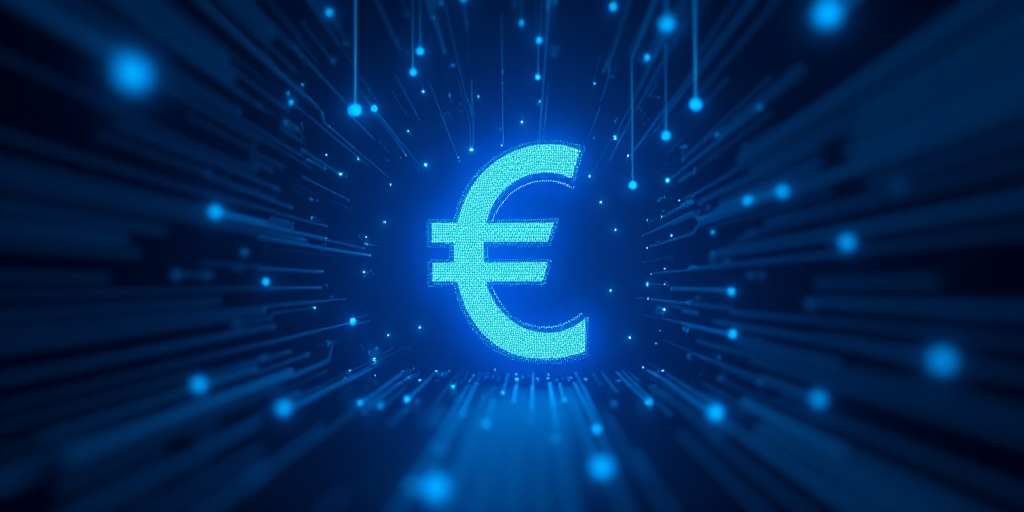Introduction to the Euro Digital Currency
On Friday, the Union European (EU) Finance Ministers agreed on a roadmap to launch a Euro digital currency, aiming to provide an alternative to dominant systems like Visa and Mastercard, currently based in the United States.
Background on Euro Digital Currency
The discussions around the Euro digital currency, essentially an electronic wallet backed by the European Central Bank (ECB), have intensified this year. The EU is determined to decrease its reliance on other countries in crucial areas such as energy, finance, and defense.
The ECB has presented the Euro digital currency as a means to lessen Europe’s dependence on US credit cards and as a response to US President Donald Trump’s global campaign for stablecoins tied to the US dollar.
Challenges and Concerns
Despite being the main proponent of the project, the ECB has yet to secure legislative approval. Concerns have been raised by lawmakers and bankers regarding potential emptying of banks’ coffers, high costs, or restrictions on privacy.
Progress in the Development
During a meeting in Copenhagen with ECB President Christine Lagarde and EU Commissioner Valdis Dombrovskis, the EU Finance Ministers reached an agreement on subsequent steps for the Euro digital currency project.
Key Players and Their Roles
The European Central Bank (ECB) plays a pivotal role in the development of the Euro digital currency. As the central bank for the Eurozone, it is responsible for maintaining price stability and, in this case, exploring new digital currency options.
Christine Lagarde, the current President of the ECB, has been instrumental in pushing forward the Euro digital currency project. With a background in law and business, Lagarde brings valuable expertise to the table.
Valdis Dombrovskis, EU Commissioner for Financial Services, Capital Markets Union, and FISMA, has been actively involved in discussions surrounding the Euro digital currency. His role includes shaping the EU’s financial landscape and ensuring regulatory coherence.
Relevance of the Euro Digital Currency
The proposed Euro digital currency aims to reduce Europe’s financial dependence on US-based payment systems like Visa and Mastercard. By having a digital Euro, transactions could be faster, cheaper, and more secure within the EU.
Moreover, it could position Europe as a leader in digital currency innovation, potentially attracting more tech companies and fostering economic growth.
Concerns and Potential Impact
Critics argue that the Euro digital currency might lead to emptying bank reserves, increase costs for consumers and businesses, or infringe on privacy rights.
To address these concerns, the EU Finance Ministers’ agreement likely includes provisions for ensuring a balanced approach that considers both innovation and consumer protection.
Key Questions and Answers
- What is the Euro digital currency? It’s an electronic wallet backed by the European Central Bank, aiming to provide a faster, cheaper, and more secure alternative to existing payment systems.
- Why is the EU pursuing a digital Euro? To decrease financial dependence on US-based payment systems and establish Europe as a leader in digital currency innovation.
- Who are the key players involved? The European Central Bank (ECB), led by President Christine Lagarde, and EU Commissioner Valdis Dombrovskis.
- What are the concerns surrounding the Euro digital currency? Potential emptying of bank reserves, increased costs for consumers and businesses, and privacy implications.
- How might the Euro digital currency impact Europe? It could foster economic growth by attracting tech companies and positioning Europe as a leader in digital currency innovation.






